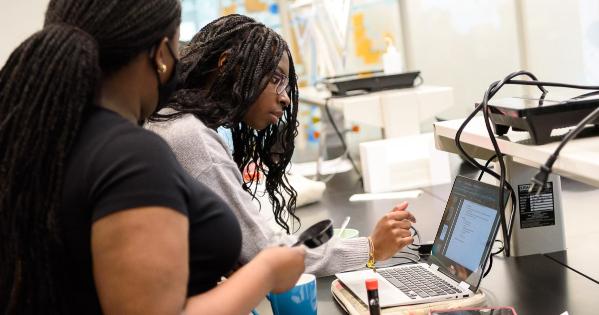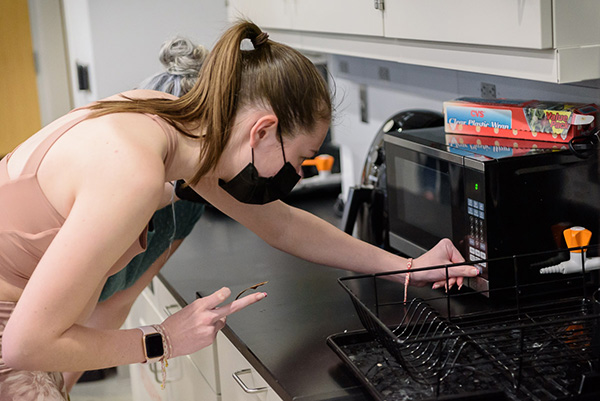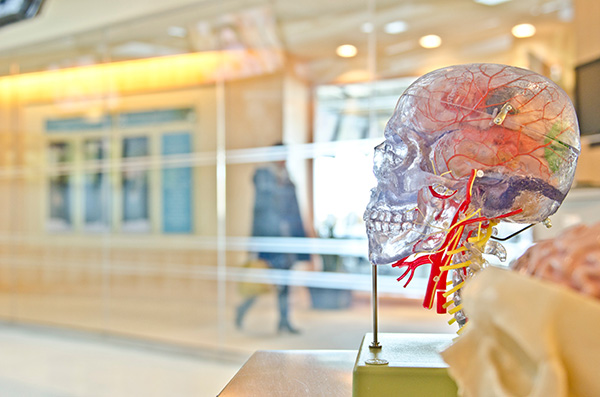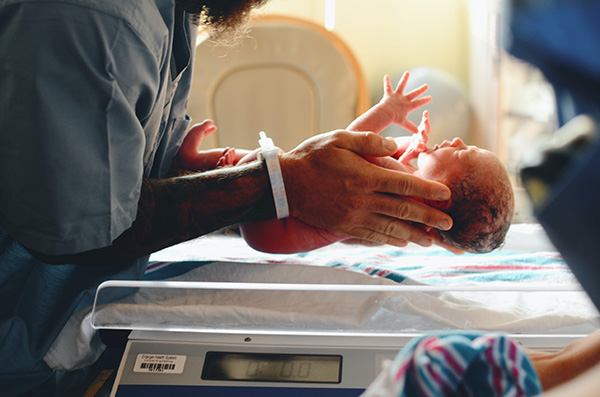Chemistry of Cooking, Science for Policymakers, and More

The College of Arts and Sciences offers courses not often found within many STEM programs. Classes like Science for Policymakers, the Chemistry of Cooking, and Bioethics of Genetic Engineering give students valuable new skills and expertise — and make them stand out to a wide range of future employers.
Read on to learn more!
Science for Policymakers (PHYS 326)

In this course, you might get to meet a particle physicist working in the State Department on international issues in the rare earth elements trade, or a former CIA lawyer who participated in nuclear arms control talks, the deputy chief engineer of the Federal Communication Commission, or the space policy director in the White House Office of Science and Technology Policy.
Science for Policymakers is designed for non-science majors interested in careers in government, policy, international relations, journalism — or science majors who want to learn how to skillfully apply complex STEM subjects to real world policy challenges. The class covers topics in physics, chemistry, biology, and environmental science from a perspective of how these fields impact policy. In addition to lectures and discussion, there are hands-on lab periods that explore topics like internal combustion engines, solar cells, electricity transformers, radioactive decay, and telescopes.
“This class provides a valuable experience for everyone; a little technical knowledge for people interested in policy, and some sense of what impact you can have as a STEM major,” says Professor of Physics and Department Chair Gregory Harry. “For most students, the real value will be found after graduation, when careers are starting, and opportunities are available.”
Chemistry of Cooking (CHEM 150)
 Associate Professor of Chemistry Matthew Hartings’ popular Chemistry of Cooking class has a new home in the Hall of Sciences — and students can actually taste test their first chemistry-cooking experiments for the first time in the new labs!
Associate Professor of Chemistry Matthew Hartings’ popular Chemistry of Cooking class has a new home in the Hall of Sciences — and students can actually taste test their first chemistry-cooking experiments for the first time in the new labs!
Whether they know it or not, everyone is a chemist in the kitchen. This course dispels the notion that chemistry is only for the trained and gives students the confidence to experiment in their own cooking. Students explore chemical topics including structure and function, acid/base chemistry, and reaction energetics through the preparation of food.
“Cooking is a very effective way to learn about the basics of chemistry. We have learned about a lot of the basic reactions in food, such as acid-base reactions, and have been taught more in-depth information like how foods change when heat is added while they cook,” says student Kathleen Stox. “I always have heard the phrase ‘cooking is an art, baking is a science’ and understood to a certain point how those were true. However, I have now learned how important science and chemistry are for both, which just makes me think even further about where chemistry may be found in my cooking and baking.”
The Brain (NEUR-210)

Neuroscience is a rapidly growing field of science, and American University’s Department of Neuroscience faculty are dedicated to increasing basic knowledge of the brain and nervous system with the goal of improving the understanding of mental, behavioral, and neurodevelopmental functioning.
The Brain course is an introduction to how the brain works, providing an overview of the systems of the brain. Topics include neuroanatomy, sensory and motor systems, and the systems underlying language and learning.
“An understanding of the fundamentals of brain function can be useful for students who are interested in a broad range of topics, including the impact of drugs on behavior, the effects of traumatic injury to the brain, and how brain function might differ in clinical conditions or in children vs. adults,” says Department of Neuroscience Associate Professor Catherine Stoodley.
“Future doctors, lawyers, policy makers, teachers, counselors, parents – all can benefit from a basic understanding of the relationship between brain and behavior.”
Bioethics of Genetic Engineering (BIO-150)

Genetic engineering was once a science-fiction phenomenon. But now it is real science, and it has implications that could change the world.
Have you ever wondered if society should use the scientific tools at our disposal to alter the genetic code to cure disease, improve quality of life, conserve our environment, and permanently alter our DNA?
Bioethics of Genetic Engineering uses ethical frameworks and concepts to explore bioethical dilemmas related to the genetic engineering of plants, animals and humans. Students explore subjects such as the history of the eugenic movement, de-extinction, species elimination, and human genetic engineering.
The Math Workshop (MATH-125)

We use mathematics every day in real life, and this course explores how we can most skillfully solve problems that involve logical reasoning and quantitative information.
When confronted with a problem, students must scrutinize whether the problem makes sense, consider whether there is a quick way to reliably get the answer (such as using the Internet or plugging into a formula), or know what to do if creative problem solving is required.
Applications to personal finance such as compound interest and mortgages are stressed, as are applications that involve linear and exponential mathematical models. Computational math skills are sharpened through online homework assignments, while class time centers around group problem-solving activities.
